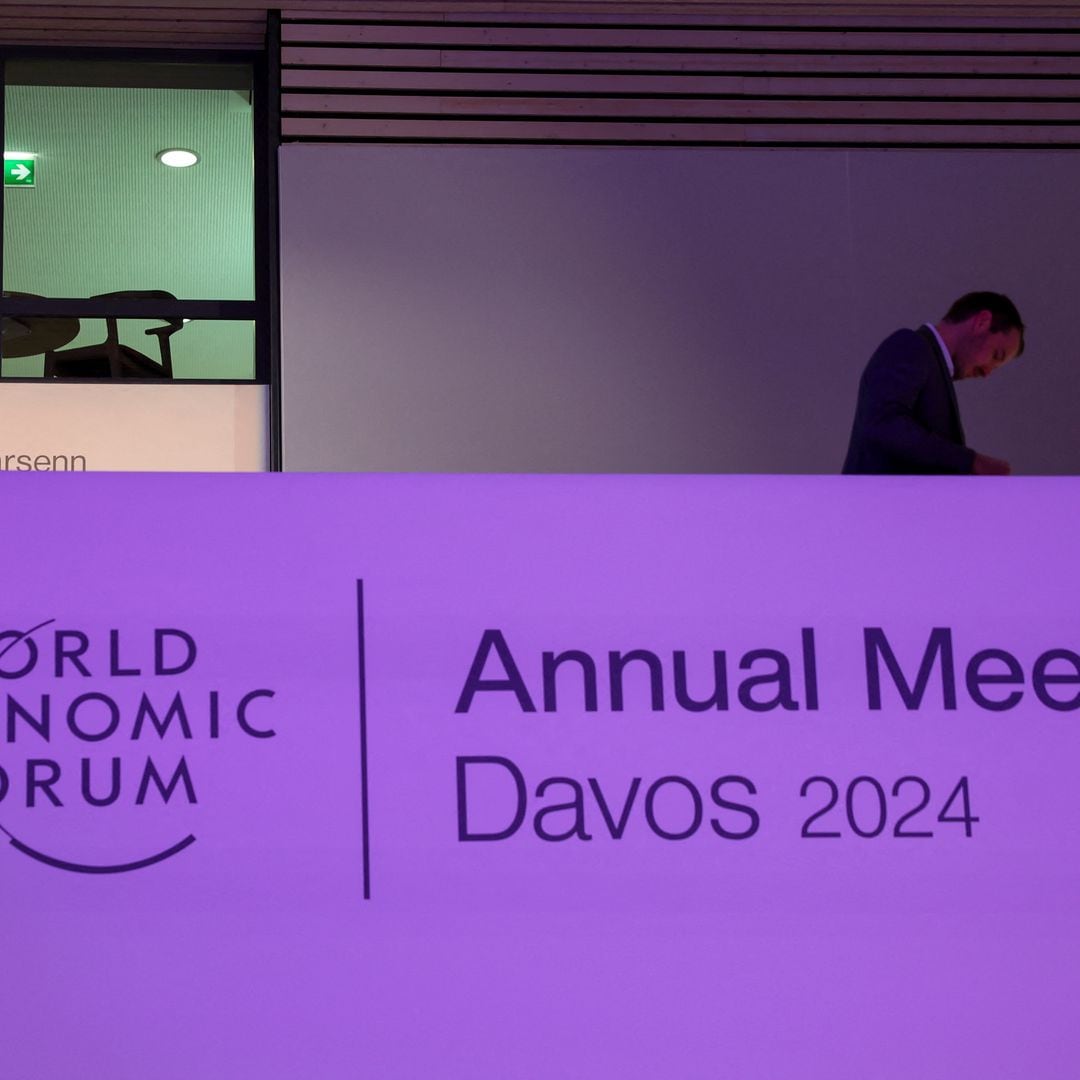Global executives are voicing increasing concerns about the long-term sustainability of their businesses, with the rise of generative artificial intelligence (AI) and climate-related risks emerging as significant challenges, according to a recent pre-Davos survey conducted by PricewaterhouseCoopers (PwC). With responses from more than 4,700 CEOs worldwide, the survey reveals that 45% of these top corporate leaders doubt the survival of their companies in the next decade unless they implement substantial changes.
Generative AI and its implications
One of the foremost concerns highlighted in the PwC survey is the rapid advancement of generative AI technology, which nearly 75% of CEOs anticipate will significantly impact their businesses within the next three years. This technological advancement is expected to necessitate retraining for employees and poses concerns regarding cybersecurity risks, misinformation, and potential bias towards specific customer or employee groups.
Juergen Mueller, Chief Technology Officer at SAP, emphasized the need for a workforce equipped with even better skills to adapt to the evolving job landscape. This shift may lead to job losses and hiring freezes in junior tech positions, making skills development and retraining critical for businesses to remain competitive.
Climate disruption and environmental concerns
The survey also underscored a growing focus on environmental concerns as a factor influencing corporate decision-making. Four out of ten executives stated their willingness to accept lower returns on investments in environmentally friendly initiatives. However, less than half of the respondents reported any progress in addressing climate risks within their financial planning, and 31% admitted to having no plans in this regard.
Despite these challenges, the survey revealed a generally positive outlook regarding global economic growth. Thirty-eight percent of CEOs expressed optimism about the global economic landscape, which represents more than double the number from the previous year. However, when it comes to revenue growth over the next year, only 37% expressed confidence in their ability to increase revenues, a slight decline from the 42% reported in 2023.
CEO insights on economic trends
PwC Global Chairman Bob Moritz commented on the difficulty companies face in raising prices and rates, noting that this trend is likely to persist over the next few years. While global executives are more confident in the broader economic growth picture, they remain cautious about their ability to boost revenues in the immediate future.
In a noteworthy finding, PwC’s survey indicated that Britain has emerged as the preferred investment destination, with nearly a third of U.S. CEOs identifying it as their top choice. This selection reaffirms Britain’s appeal as a strategic business hub, despite various economic challenges in recent years.
Britain’s standing among Chinese CEOs also witnessed a remarkable rise, elevating it to joint sixth place from sixteenth in the previous year’s ranking. However, while Britain continues to be an attractive destination for global CEOs, it has slightly diminished in importance, slipping to fourth place behind Germany, with the United States and China maintaining their positions as the first and second most attractive investment destinations, respectively.
The PwC pre-Davos survey offers valuable insights into the concerns and perspectives of global CEOs. The growing apprehension regarding the impact of generative AI and climate-related risks on businesses underscores the need for proactive adaptation strategies. Despite these challenges, optimism remains concerning the broader global economic outlook, though executives appear cautious about short-term revenue growth.
As businesses confront the evolving landscape shaped by technological innovation and environmental concerns, the ability to adapt and innovate will be crucial for their continued success. Moreover, Britain’s consistent appeal as a preferred investment destination signifies its enduring status as a pivotal player in the global business arena, albeit with some adjustments in its strategic importance.





